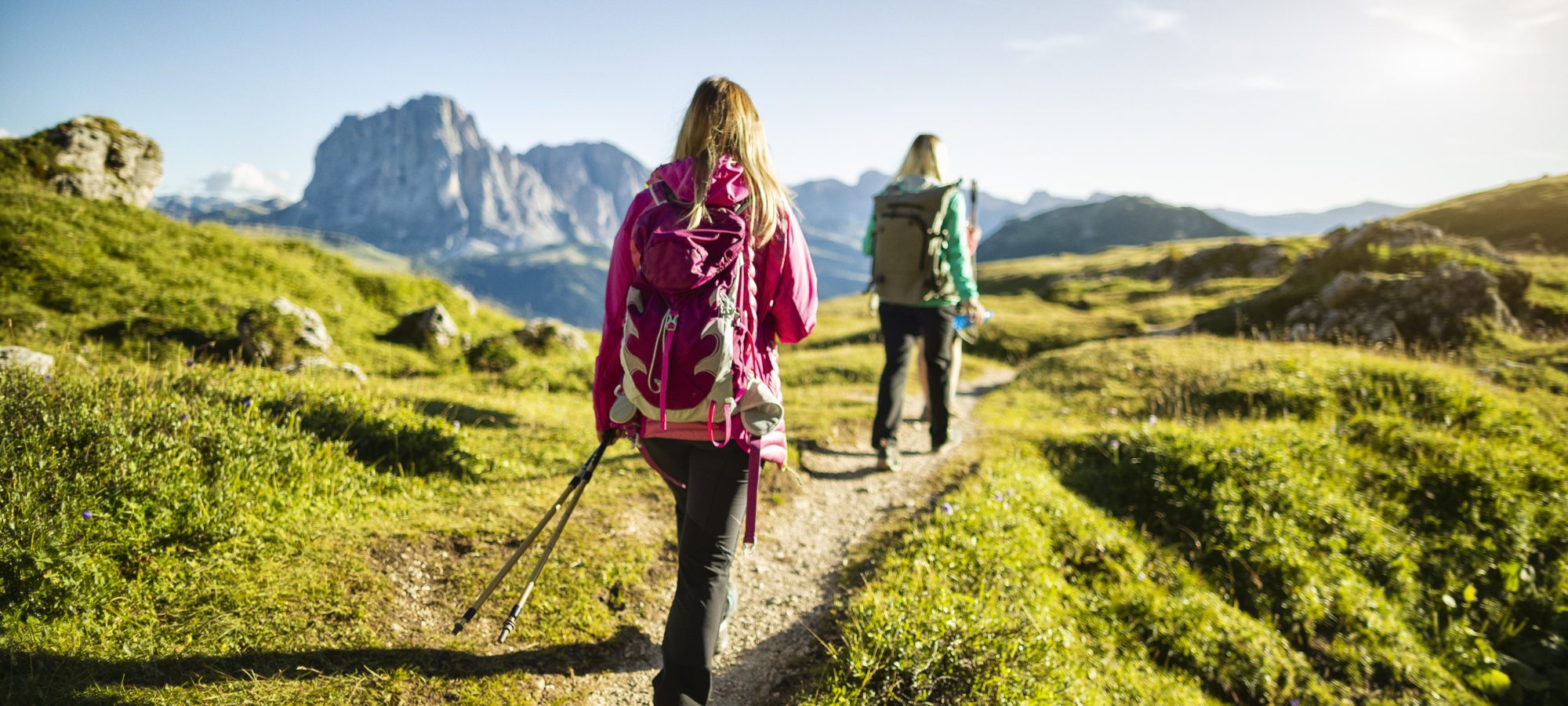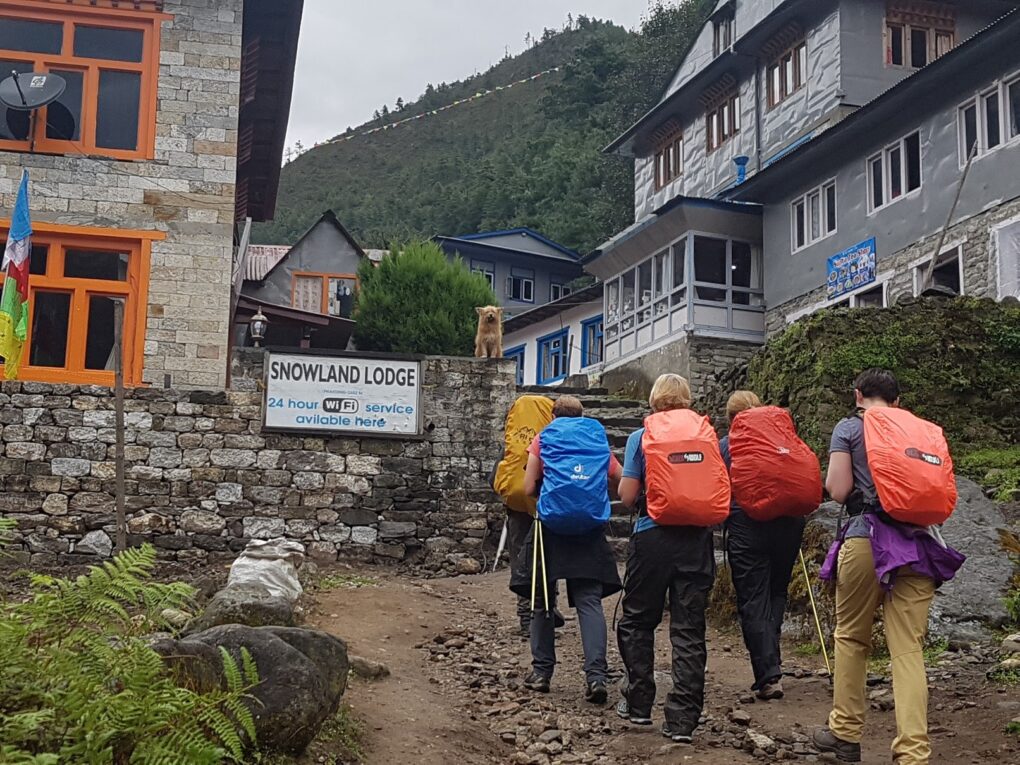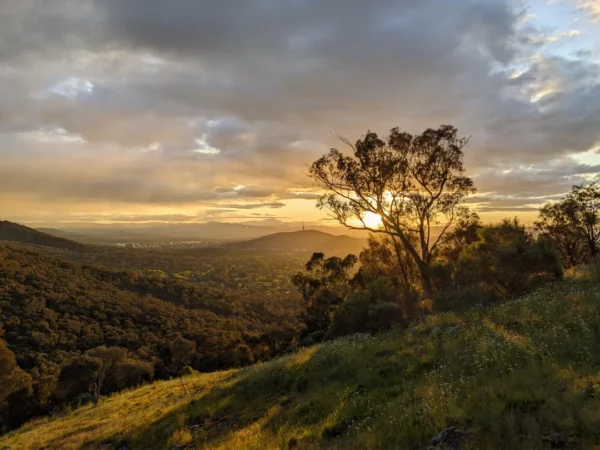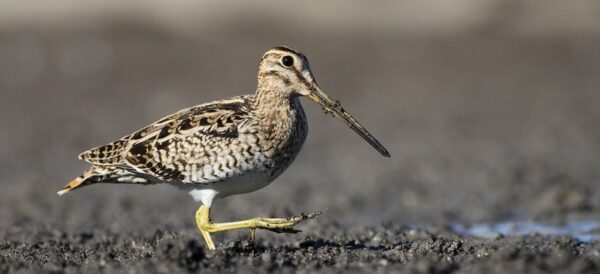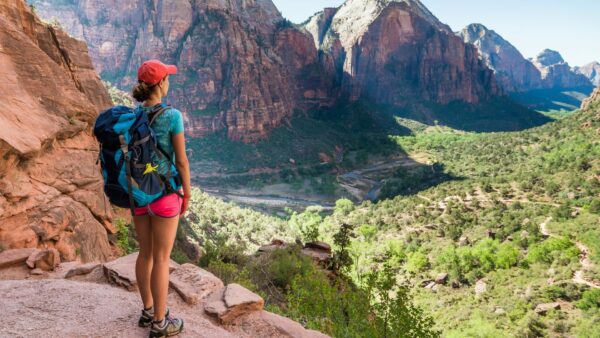It’s easy to face forward in life. It’s what we do, so naturally. Sometimes, though, it’s good to look back over our shoulders, to see how far we’ve come and remind ourselves of how much progress we’ve made, like how we are travelling better.
I’ve been doing this a bit lately, as a little personal life hack. Whenever I start to feel a creeping sense of despair about the state of the planet. It helps me recalibrate, take the long view and remember that although there’ll always be work to do, there are plenty of good things happening too, particularly in the way we travel. We’re changing the world in lots of positive ways, together. As American futurist Marshall McLuhan once said, “There are no passengers on Spaceship Earth. We are all crew.”
Here are 10 ways we’re all helping to take travel to a more ethical, sustainable place.
We’re flying less (and more wisely)
We can thank Greta for this one. The young Swedish activist’s school strike for climate started in 2018, when she was just 15. This grew into a global campaign for climate action and spawned a no-fly movement – and associated flygskam (“flight shame”) – that inspired us to avoid flying to reduce our carbon emissions. Even when it’s not possible to replace a flight with a high-speed train trip, however, we’re flying less often, staying longer in our destinations, choosing airlines with strong eco-credentials – such as KLM, Virgin Atlantic and Cathay Pacific – and flying direct when we can (because take-off and landing generate more emissions than cruising at altitude).
We’re travelling more slowly
We’ve also slowed down when we travel – to see more, do less and find pockets of peace in our too-busy lives. Besides that, it’s more sustainable to travel this way, says travel writer Penny Watson, author of Slow Travel, published in 2019. “Slow travel is the antidote to budget flights, last-minute deals and rushing around trying to see everything. It’s about thoughtful immersion in a place by, say,… walking mindfully on the Camino de Santiago or staying in a Tuscan village for a week making limoncello with the locals – which makes us more mindful of where we are, so that we can’t help but tread more lightly.”
We’re supporting communities more
According to the UN’s World Tourism Organisation, only five dollars of every $US100 we spend in developing countries stays there. So we’re staying in locally owned hotels and guesthouses more now, eating in locally owned restaurants, using local guides, and supporting businesses run by locals. We book our stays direct too, ensuring hoteliers keep more of our room rates, and seek out booking platforms that benefit local communities, like Fairbnb in Europe and Wayfairer in Australia, two non-profits that donate half their booking fees to community projects in the places you stay.
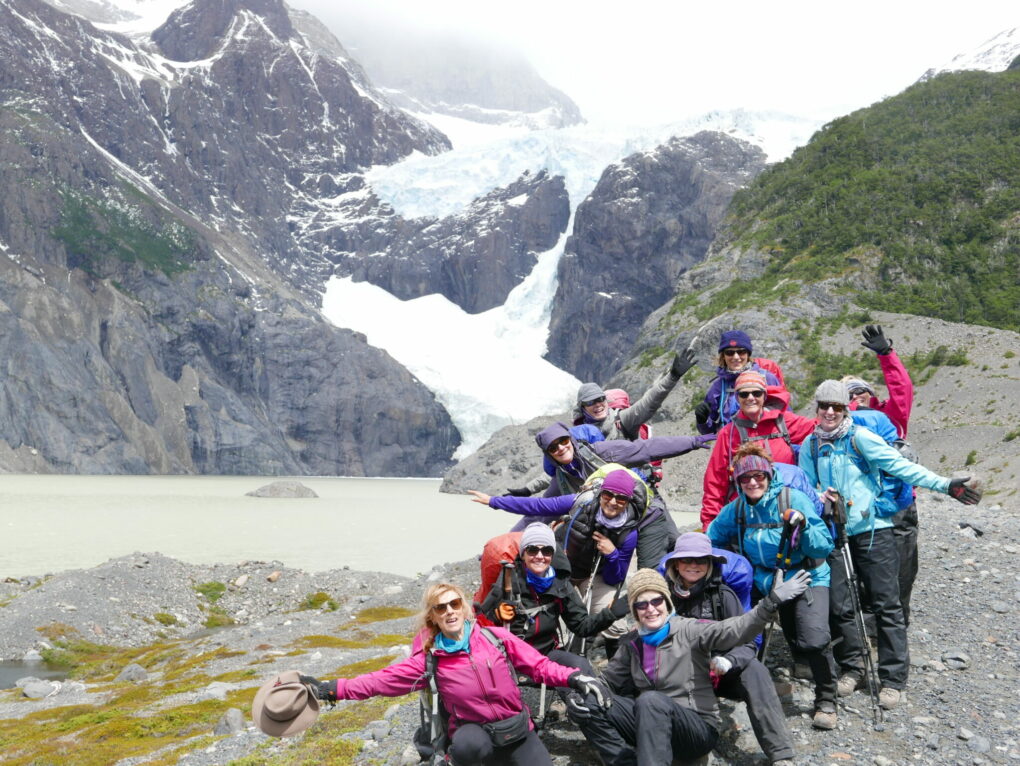
We’re more indigenous-focused
Speaking of locals, we’re way more interested in and respectful towards indigenous peoples and cultures than we used to be. Not just in practical ways like supporting the ban on climbing Uluru in central Australia, which finally came into effect in 2019. We’re also doing more indigenous-run experiences and staying in indigenous-owned lodges, and booking them through social enterprises like Welcome to Country, which was set up in 2020 to promote tourism experiences owned and run by Aboriginal and Torres Strait Islander communities. There are similar platforms in Canada and parts of the US, an indicator of a growing anti-colonialism in travel right now.
We’re sidestepping single-use plastics
It’s now a no-brainer to pack a reusable water bottle – maybe one with a water filter if you’re travelling to a place with dodgy tap water or want to refill your bottle from a stream – not to mention your coffee cup, cloth shopping bags, straws, cutlery, even chopsticks (China produces an estimated 80 billion disposable wooden chopsticks every year). We’ve also become experts at avoiding mini-toiletries in hotel bathrooms, decanting our regular shampoo and conditioner into reusable bottles or packing plastic-free (and leak-proof) shampoo and conditioner bars faster than you can say “bulk dispensers!”.
We’re respecting animals more
Remember when we used to ride elephants? We don’t do that anymore, after a World Animal Protection study found elephant tourism across Asia to be inherently cruel. Intrepid Travel was one of the first tour operators to ban elephant rides across its entire trip range in 2014, but countless others have followed in their footsteps. We don’t cuddle lion cubs either or watch dolphins – or any cetaceans – performing in pools or take selfies with tiger cubs (after the raid on Thailand’s infamous Tiger Temple that rescued 137 tigers back in 2016). Instead, we go on safari and swim with humpbacks and dive with dolphins, to see wild animals in the wild, on their terms.
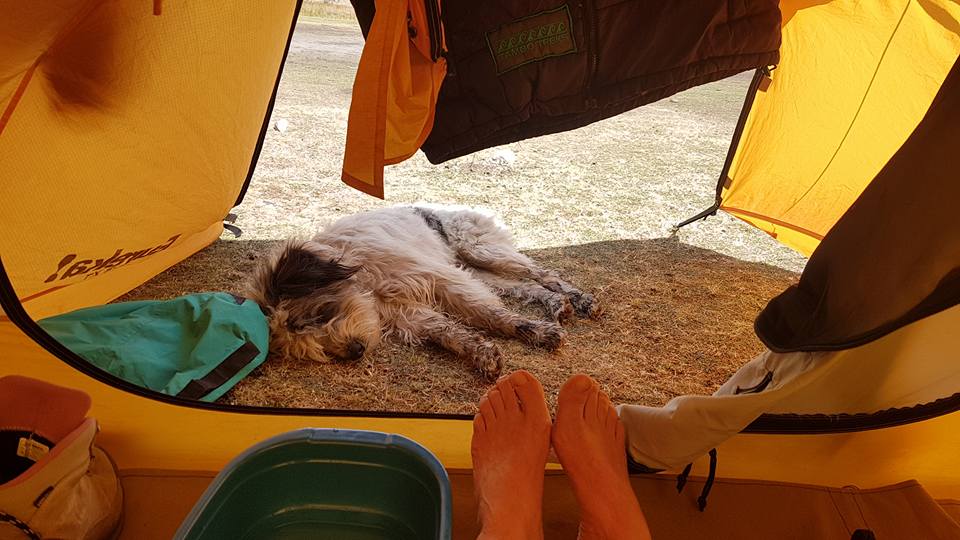
We’re eating more plants
“A vegan diet is probably the single biggest way to reduce your impact on planet Earth… far bigger than cutting down on your flights or buying an electric car,” says Joseph Poore, a researcher at the University of Oxford, who co-authored a massive meta-study into the environmental impacts of global food production in 2018. Message received, loud and clear. We’re doing more plant-based travel now, requesting vegetarian or vegan inflight meals, and taking farm-to-fork tours, ordering from entirely plant-based menus, trying to be aware of our “foodprints” (the carbon footprints of our meals) and, perhaps most importantly, eating SLOW: sustainable, locally sourced organic whole foods to match our diets to the destinations we visit.
We’re travelling lighter
Even before airlines started losing a record number of bags during the post-Covid travel boom, we all started thinking seriously about travelling carryon-only. And it makes sustainable sense: a smaller bag lightens the plane’s load, reducing your personal carbon emissions. So we’ve replaced suitcases and cameras and guidebooks (remember those?) with daypacks and, well, our phones and found a whole new world of freedom in being able to simply step off the plane, climb into a tuk-tuk or an Uber or, better still, stroll to our hotels.
We’re sleeping smaller
Small stays have been, er, big for a few years now and because they generally require fewer materials to build, less energy to heat and cool and have a smaller footprint than regular accommodation offerings, they’re good for the planet. Plus, it’s fun to stay in a tiny house or a bubble tent, a shipping container, a cabin or a capsule. It’s also easier than ever to stay in eco-certified lodges and hotels, of all sizes, even destinations, since Ecotourism Australia started eco-certifying places such as WA’s Margaret River region, the Blue Mountains and Lord Howe Island in 2018.
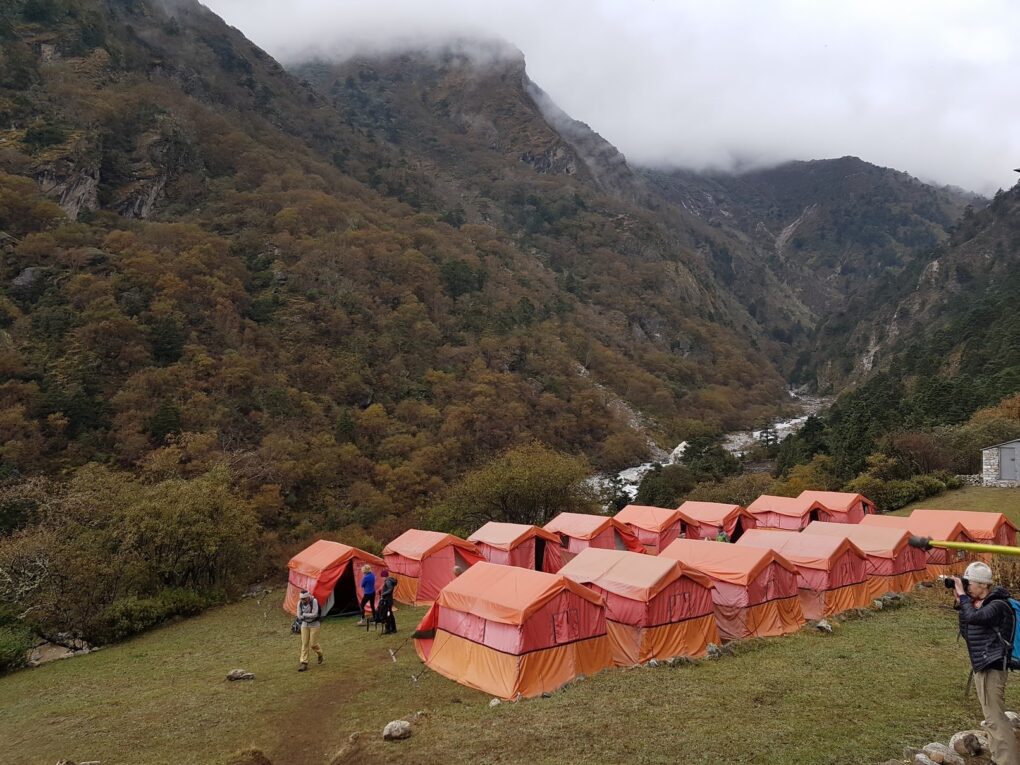
We’re caring more
The most important change in the past 10 years? That’s easy: more of us care about more aspects of our trips when we travel now. We’re better informed, less easily fooled by greenwashing, and more conscious of the impact of our travels. And the more we care, the more travel providers are responding, changing alongside the changing world we live in. They are decarbonising and offering, say, climate-conscious tours to zero-carbon destinations (Bhutan is one!). In short, we’re normalising sustainable travel. Maybe one day there’ll be no such thing because all travel will respect the planet and the people and other species we share it with. And the more we keep doing the sustainable things we’re doing, the sooner that day will come.



